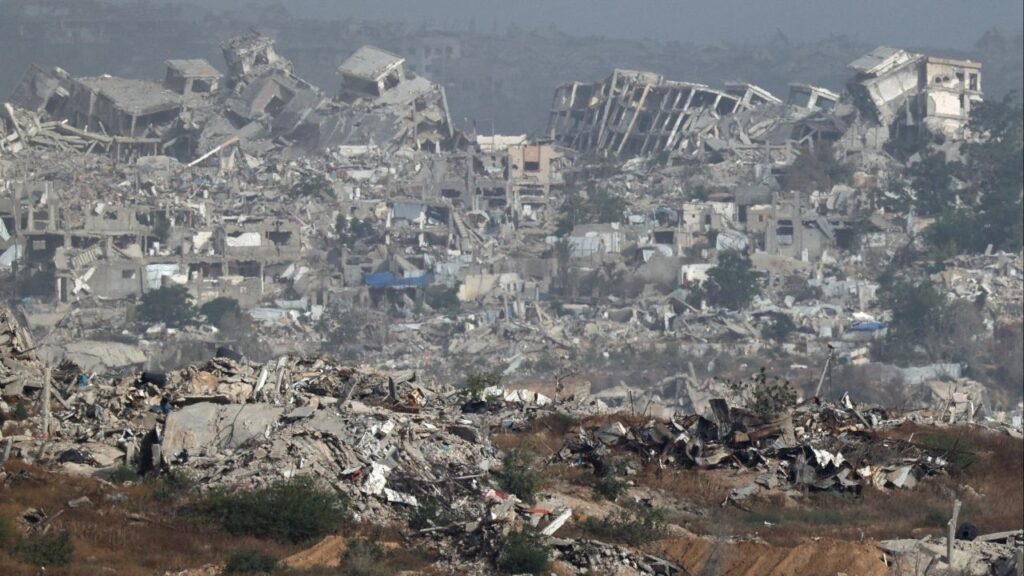Share
The United States is reportedly on the brink of brokering a deal between Israel and Hamas that would see a temporary cessation of conflict and the release of several hostages in Gaza. The agreement, which could be finalized in the coming days, would require a five-day halt in combat operations while an initial group of hostages are released in small increments every 24 hours. The deal would also allow for a significant increase in humanitarian aid to enter Gaza from Egypt.
The potential agreement is the result of weeks of negotiations in Doha, Qatar, involving Israel, the U.S., and Hamas, represented indirectly by Qatari mediators. The deal would mark the first sustained pause in the Gaza conflict, but it is not yet clear how many of the estimated 239 hostages would be released under the agreement.
The U.S. administration has been pushing for a pause in the fighting, with President Biden and other senior officials making multiple visits to the region. The administration’s primary focus has been on securing the release of nine American hostages and one permanent U.S. resident. The hope is that if the release of women and children is successful, other groups of captives will then follow.
Read more at The Washington Post.
RELATED TOPICS:
From Victims to Perpetrators: Israeli Soldiers’ Nazi Comparisons and the Unfolding War Crimes in Gaza
1 hour ago
Downtown Housing Could Rise in Many California Cities, but Barriers Remain
2 hours ago
Dear Mayor and City Council, Fresno’s Housing Bottlenecks Are a Modern Form of Redlining
3 hours ago
Iran Enacts Law Suspending Cooperation With UN Nuclear Watchdog
3 hours ago
Trump Vowed to Dismantle MS-13. His Deal With Bukele Threatens That Effort.
3 hours ago
Valley Crime Stoppers’ Most Wanted Person of the Day: Logan Ryan Martin
3 hours ago

US Judge Blocks Trump Asylum Ban at US-Mexico Border, Says He Exceeded Authority

From Victims to Perpetrators: Israeli Soldiers’ Nazi Comparisons and the Unfolding War Crimes in Gaza

Downtown Housing Could Rise in Many California Cities, but Barriers Remain













